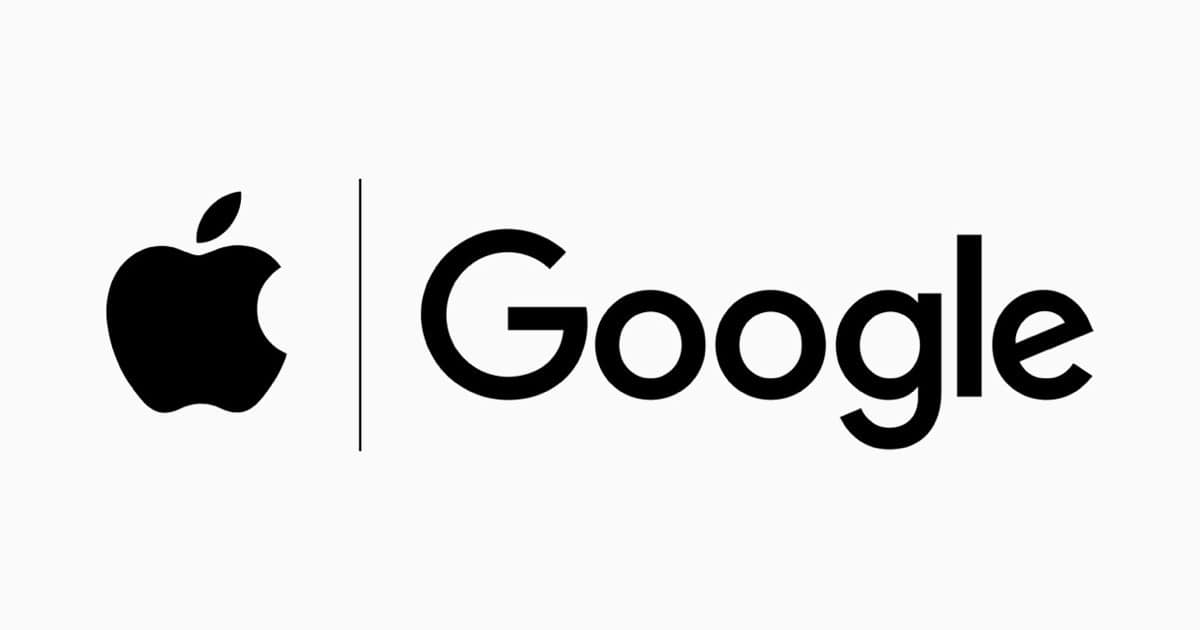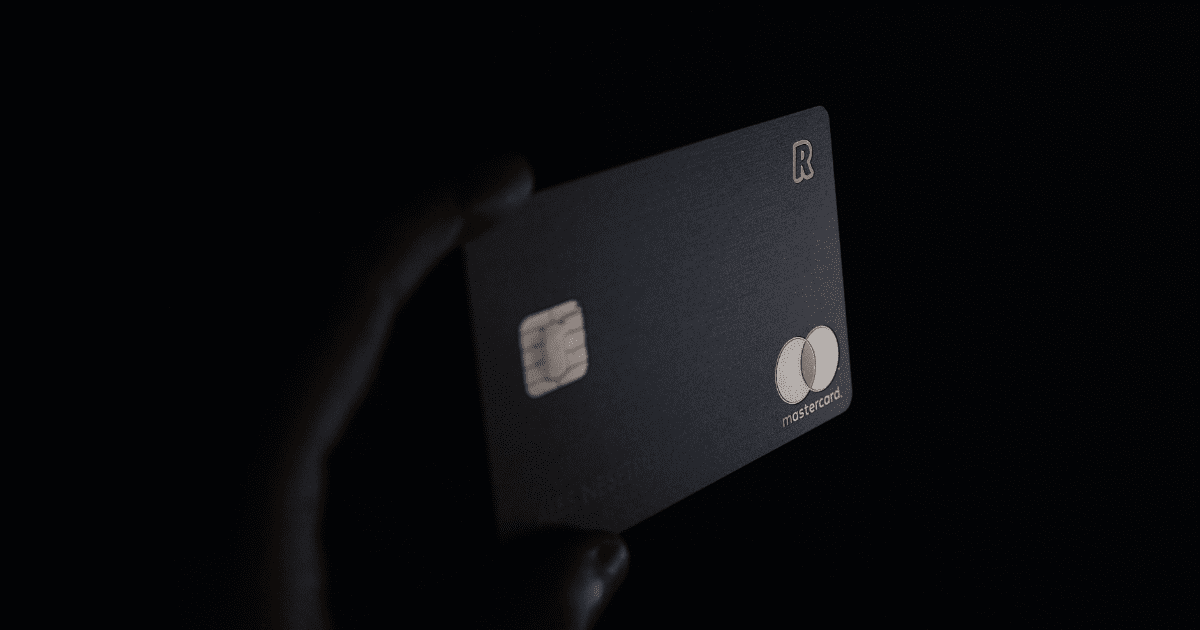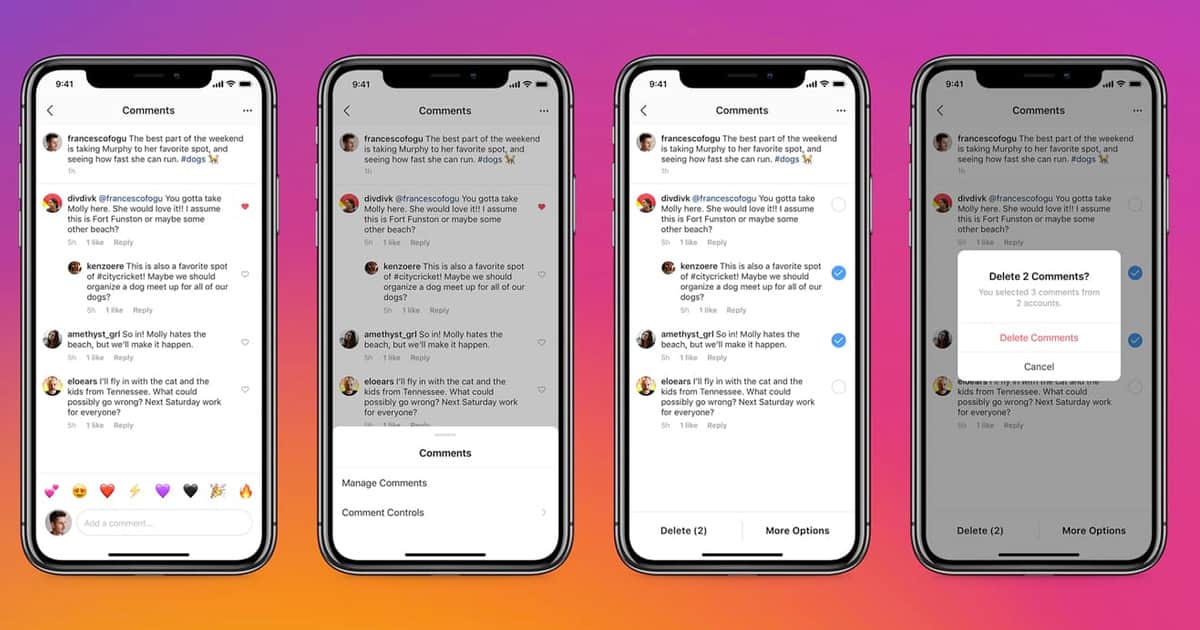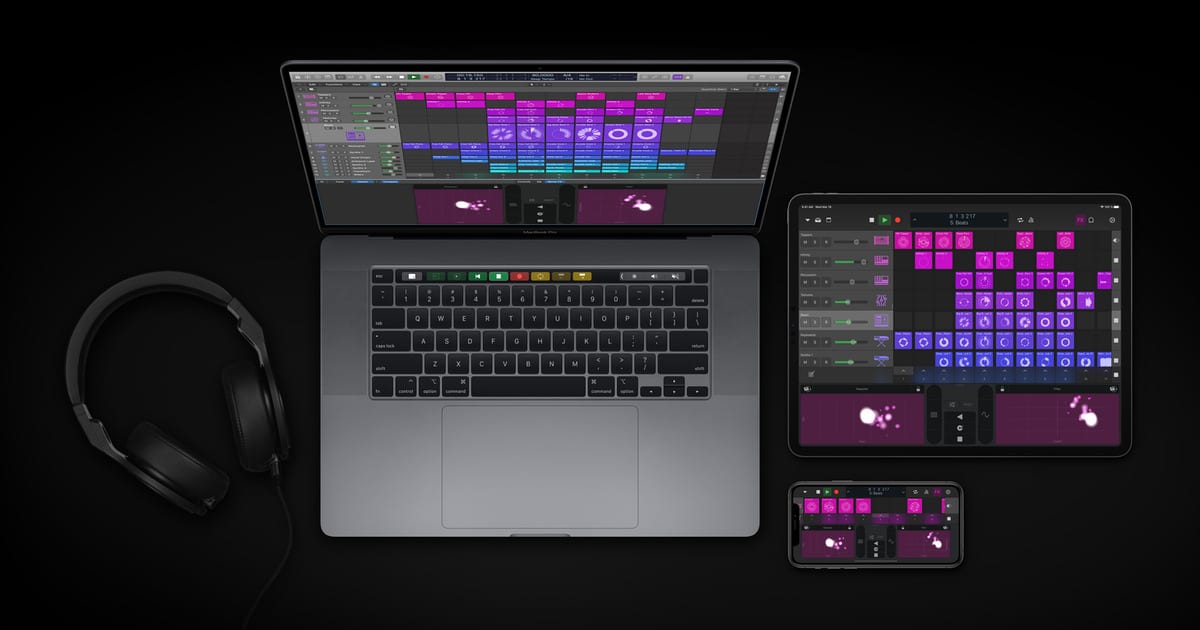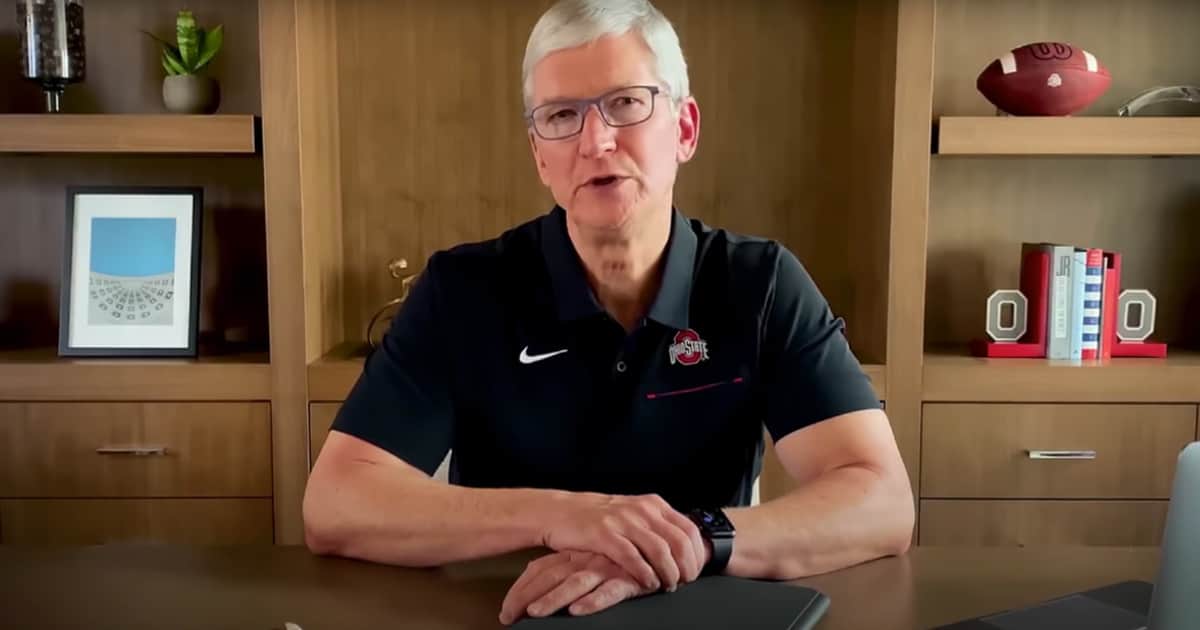Amazon has unveiled new Fire HD 8 tablets which come with a 64 GB memory option and a kids-specific offering.
Apple Considers Creating Audio Versions of News+ Articles
A report today claims that Apple has been talking with publishers over the past few months to create audio versions of their News+ content.
The COVID-19 Contact Tracing Privacy Bind
There has been a lot of talk about how contact tracing apps could help keep people safe from COVID-19 as countries try to move out of lockdown. There’s a really useful piece on Bloomberg News outlining the issues between various proposed models, including that being developed by Apple and Google.
Apple and Google even renamed their framework Exposure Notification, signaling that it doesn’t do true contact tracing, the process of tracking a virus from person to person. Instead, it lets individual smartphones keep track of which other handsets they’ve come close to by using Bluetooth wireless signals. If a person notifies the network they have tested positive for Covid-19, everyone they could have infected is issued a warning, if they’ve opted in. The system does this matching anonymously on each device, rather than in a central database that governments could use to track the disease more broadly — a feature the companies say is more secure and helps quell user concerns about who sees their sensitive health data.
Twitter CEO Says Employees Can Work From Home Indefinitely
Twitter CEO Jack Dorsey announced that employees can continue to work from home indefinitely, even after the COVID-19 pandemic ends.
“We’ve been very thoughtful in how we’ve approached this from the time we were one of the first companies to move to a work-from-home model,” a Twitter spokesperson told BuzzFeed News. “We’ll continue to be, and we’ll continue to put the safety of our people and communities first.”
I hope more companies do this. Depending on the job, it may be harder to do for some people than others, but it also seems like a great way to help with housing crises like those in California.
German Watchdog Probes Apple Over Retail Store Temperature Checks
Germany’s regional data protection agency is launching a probe into Apple due to recent procedures that include temperature checks for COVID-19.
Sofia Coppola is Creating a Book Adaptation Series for Apple
Sofia Coppola is creating a series adaptation of Edith Wharton’s book “The Custom of the Country” for Apple.
Your Financial Transaction Data is the Holy Grail for Advertisers
Over the past decade, our financial transaction data has become one of the most sought-after data sets. Credit card processors like American Express, Mastercard, and Visa are at the center of it.
All of this is happening under a veil of secrecy. Credit card companies may acknowledge that they make money from analyzing transactions, but they are vague about what data they actually share […] Even Apple, which prohibits Goldman Sachs from using its card data for marketing purposes, couldn’t get the same concessions out of Mastercard, its card network.
Here’s a link to the study mentioned in the article, where MIT researchers successfully de-anonymized financial data that these companies claim had privacy protections.
How to Screen Record on iPhone and iPad
With iOS 11 or later, Apple gave us the ability to screen record on iPhone and iPad. Andrew shows you how to do it and shares a handy tip on how to quickly stop recording.
Instagram iPhone App Gets Update to Help Keep Bullies Away
Instagram is rolling out and testing tools that will allow users to both remove negative comments and amplify positive ones.
How Did Zoom Beat Skype?
Zoom has become, it is fair to say, synonymous with video conferencing in this work from home era. Wired looked at how it beat Skype to become so dominant.
Not that people are using either as much as Zoom, which benefited both from being free to download and more reliable than its competitors. (Eric Yuan, Zoom’s founder, has been working on web conferencing software since he arrived in the US in 1997 from China to work for WebEx). An April 2020 survey of 1,110 US companies by Creative Strategies showed that 27 per cent of businesses primarily used Zoom for video calls and meetings, compared to 18 per cent that used Teams, and 15 per cent that used Skype. Many companies had quietly moved over from Skype to Zoom in the intervening years as Skype added more and more features that didn’t fit the core functionality of the service: producing decent quality video calls. And so when coronavirus hit, what in the first half of 2017 would have been a call to download Skype to keep in touch instead became a demand to download Zoom.
Apple's AirPod Success Story – TMO Daily Observations 2020-05-12
Charlotte Henry and John Martellaro join host Kelly Guimont to discuss the success of Apple’s AirPods line, and how they compete vs other headphones.
The Essential Guide to Starting a Business Bundle by Evan Kimbrell: $34.99
We have a deal on the Essential Guide to Starting a Business Bundle by Evan Kimbrell. This bundle of 12 tutorials has 128 hours of content on lead generation, marketing, outsourcing, management, and more. It’s $34.99 through our deal.
How to Uninstall Apps on iPhone and iPad
Andrew shows you how to uninstall apps on iPhone and iPad in case you downloaded one and changed your mind.
Final 'American Idol' Episodes to be Shot Using iPhones
American Idol is the latest show to be filmed using iPhones. A kit including three iPhone 11 Pros is being sent to each of the judges, Techcrunch reported.
Apple’s among those tech companies working with production houses, getting some iPhone-powered rigs into the hands of producers and hosts. The list includes a Parks and Recreation reunion, Conan O’Brien and Jimmy Fallon’s late night shows and now longstanding prime-time talent contest, American Idol. The ABC show’s producers are sending home studio rigs to each of the contestants and judges to shoot the final few episodes of the season. It’s a three-camera setup, including three iPhone 11 Pros, a tripod and a ring light. The production team is helping out with camera setup and editing at a safe distance, from home.
'Hamilton' Available on Disney+ From July 3
A filmed version of Hamilton will be available on Disney+ from July 3, Deadline reported. It had previously been slated to go into cinemas in October next year.
Disney has just changed its plans to release a filmed version of the Lin-Manuel Miranda musical Hamilton. It will now be released July 3 on Disney+, accelerating an original October 15, 2021 theatrical release, followed by a Disney+ berth. Disney Executive Chairman Robert Iger and Lin-Manuel Miranda just announced on Good Morning America that Hamilton will brighten up the July 4 weekend with the seminal hip hop American history tale.
Logic Pro X 10.5 Arrives Featuring Live Loops and Other Major Updates
Apple unveiled a major update its music production software with Logic Pro X 10.5, including a pro version of GarageBand’s Live Loops.
COVID-19 Helps Send Apple to Bottom of the Gaming Charts
Apple has suffered a major decline in the world of gaming due to changes to revenue stream prompted by the COVID-19 pandemic.
Technical Columnist Chris Matyszczyk - TMO BGM Interview
Chris Matyszczyk is the President of creative consultancy Howard Raucous LLC. He advises corporations and individuals on content creation, advertising and marketing. For the last 13 years, he has also written the Technically Incorrect column first for CNET and now for ZDNet. He also writes the Absurdly Driven column at Inc.
Chris has a witty, irreverent, playful writing style at times. Over the years, several of his articles have caught my attention for my Friday column, Particle Debris, and we chatted about them. Plus, I’ve always wanted to hear his career story and how he got started as a technical columnist. In this interview, you’ll get a sense of Chris’s wry humor, and he’ll keep you laughing the whole show.
iFixit Updates Magic Keyboard Teardown to Examine Trackpad
Last week iFixit posted an X-ray examination of the iPad Pro Magic Keyboard. Today the company revealed the inner workings of the trackpad.
Apple Set to Increase iPhone Manufacturing in India
Apple looks set to ramp up iPhone manufacturing in India in the future, removing some of this work away from China.
How Apple Watch Could Work on Android
Could the Apple Watch work with Android devices? Should it? As Rene Ritchie noted at iMore, it’s not something Steve Jobs wanted, but current Apple execs have explored the possibility.
Right now, the Apple Watch adds to the value of the iPhone, but in a different way. I mean, the iPhone makes almost all the profit in mobile already. Almost all profits everywhere. As markets mature, like the iPhone market has — like the phone market in general has — though, and you don’t have more customers buying, you add accessories and services so customers buy more. Apple spent a decade building up the iPhone so that they could spend the next decade using the iPhone as a platform to build up everything else, from Apple Watch to AirPods to Apple Music to TV+. But the question remains, would Apple Watch make even more money for Apple if it wasn’t dependent on the iPhone? If, like AirPods and Apple Music, and even TV+ to some extent, it could also work with everything, or just many things else? Like Android. And iPad.
How to Change iPad Mouse Settings Like Disabling Animations
Andrew shows you how to change iPad mouse settings, which includes button customization and disabling the way it morphs with the user interface.
Tim Cook in Class of 2020 Commencement Podcast Series
Tim Cook is part of a podcast series from iHeartMedia offering commencement addresses to the class of 2020 from a host of big names.
Media Monday: Apple TV and AppleTV and Apple TV+ – TMO Daily Observations 2020-05-11
John Martellaro and Charlotte Henry join host Kelly Guimont to discuss Apple TV boxes, Apple TV apps, and the Apple TV+ streaming service.


